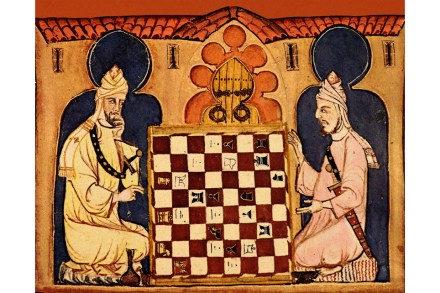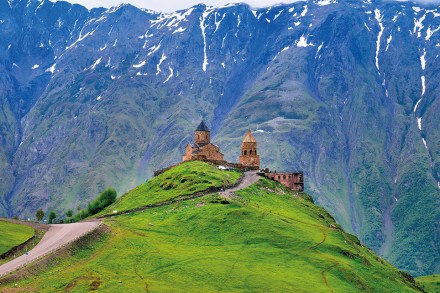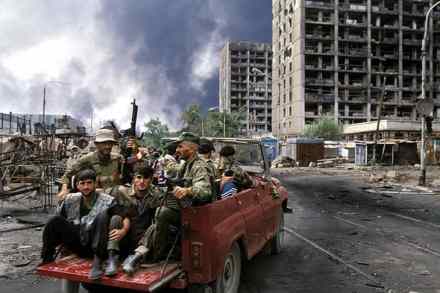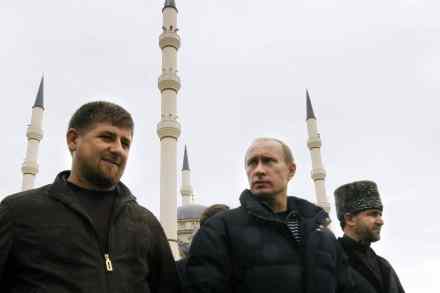Sarah Rainsford joins the long list of foreign correspondents banned from Russia
Goodbye to Russia is an elegy for a lost country – the warm, chaotic Russia of unlimited possibility that welcomed the 18-year-old Sarah Rainsford in 1992. She stayed on, studied, worked in an Irish bar in St Petersburg, joined the BBC in 2000 and, after spells in other parts of the world, returned to Moscow as a Russian correspondent from 2014. Her memoir’s 30-year period covers an entire cycle in Russian politics – as Anna Akhmatova might have put it, from vegetarian to carnivore. In August 2021, Rainsford was stopped at the Russian border and refused entry as a ‘threat to national security’. A few weeks later, she was expelled





